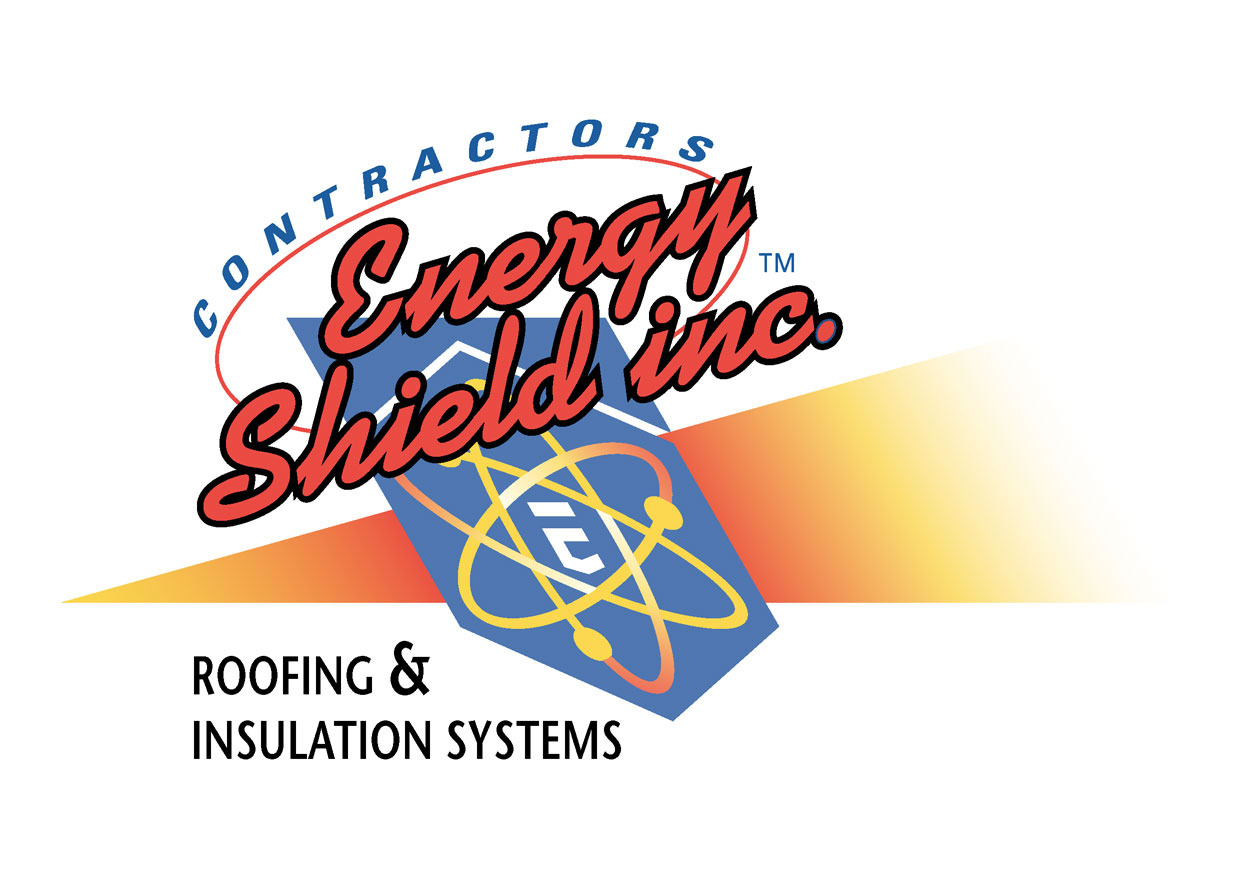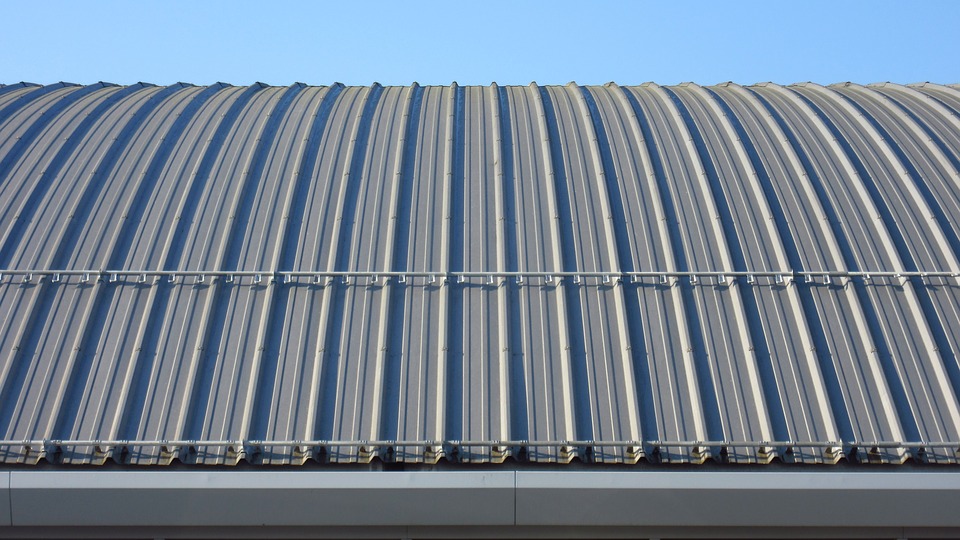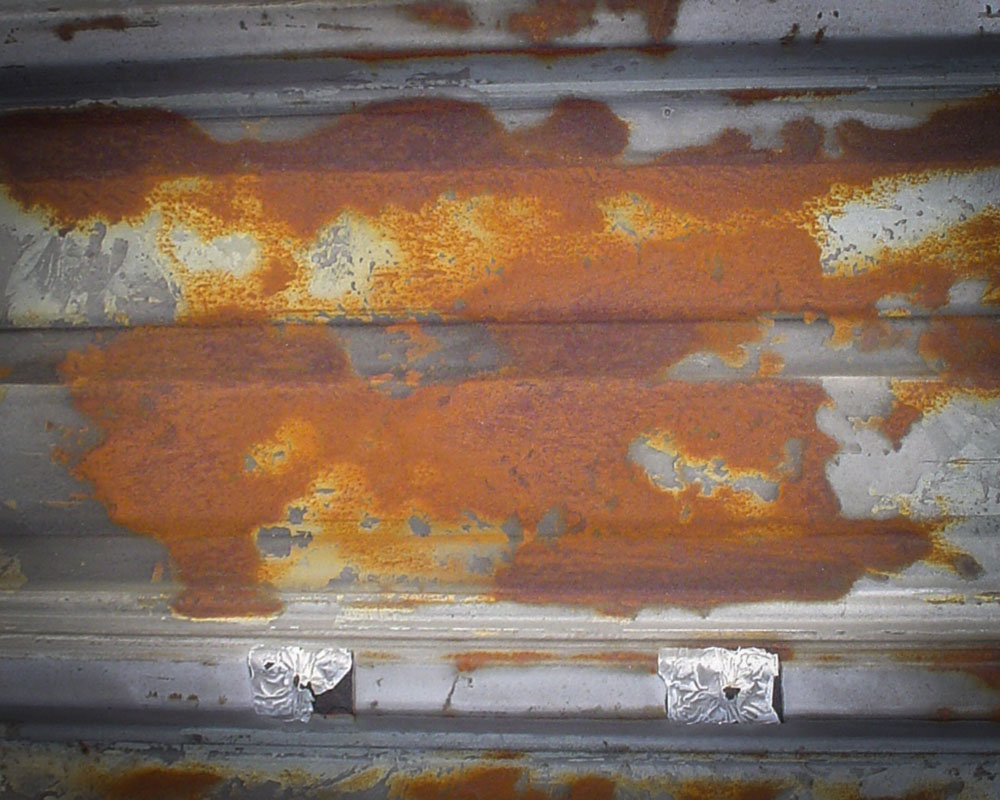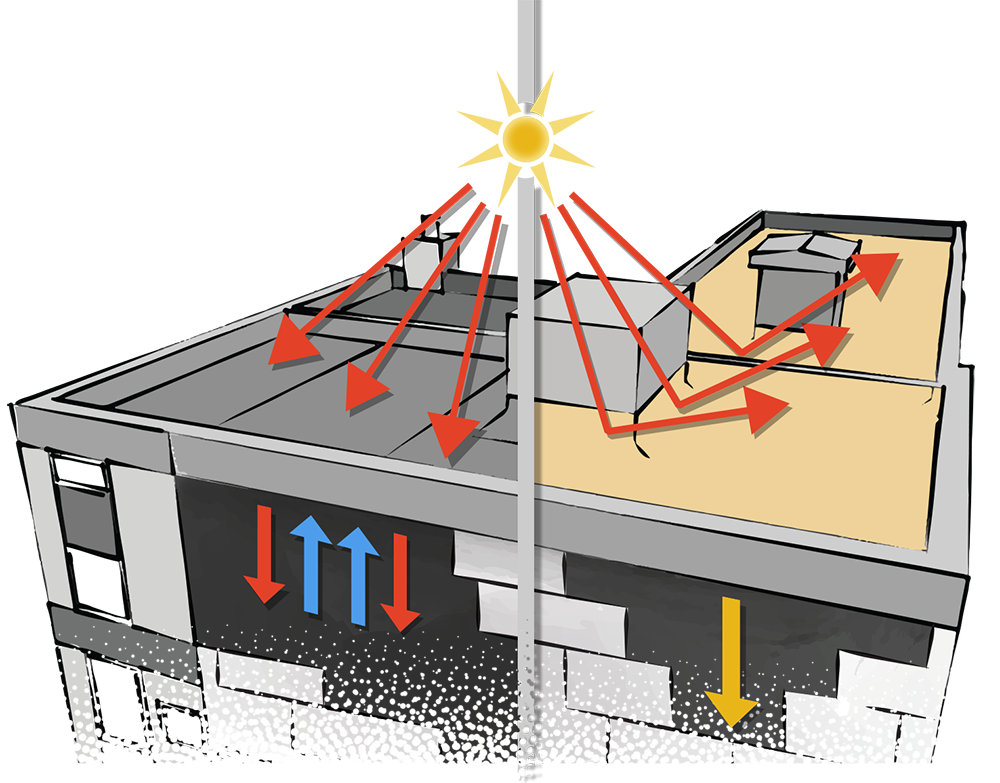Benefits of Metal Roofing
Commercial metal roofing is becoming increasingly popular in building improvement – more than doubling its market share over the past decade. Some of these benefits allow business owners to upgrade their buildings roof with a product of seemingly lasting value. They have a proven performance of around 50 years and come in many different styles and colors, they are fire resistant, energy efficient, and their low weights helps to preserve structural integrity in a building. Due to their interlocking panels, they also boast increased wind resistance. Sounds great doesn’t it? Let’s look at the downsides.
Downsides of Metal Roofing
Metal roofs are flashed to meet your roof configuration, meaning the installation process can take a lot longer than a standard commercial roof. They also have an increased investment, once that metal roof is on there, its not going anywhere. The initial cost is also enough to make most people explore other options in roofing.
For some, the sound of rain drops on a roof is just one of those feel good sounds. With a metal roof, its like working inside of a drum while the elements play the loudest drum solo possible. This can be reduced by using sound deadening insulation plywood sheathing, but you already sunk a lot of money into this roof, why should you spend more? Speaking of rain and the elements, let’s talk hail. Much like your car, which will dent if a softball hits it, a metal roof can dent if large hailstones fall on it. Over time, those little dents can become big problems.
Walking on a metal roof can be tricky as well, and there will be occasions where other service professionals will need roof access to install other building necessities. Depending on the type of metal and the construction supporting it, metal can be very slippery when wet. Installers must be careful when installing a metal roof, particularly with a granulated stone surface, as they are prone to marring, peeling, chipping, fading, scratching, and chalking.
Metal roofs with exposed fasteners that have not been installed correctly are more prone to leaking. Rain water can run into these screw holes and cause rust problems, along with expansion and contraction. Because of the base properties of metal, this expansion and contraction can cause a wavy effect on the roof, often causing those fasteners to come loose.
Installation
Metal roofing should first and foremost only be installed by a specialist with expertise in installing metal roofs. If installed incorrectly, and like we examined above, a metal roof will develop leaks or just fail prematurely, which can cost you thousands of your hard-earned dollars. That being said, it is typically possible to install a metal roof over an old asphalt roof, eliminating the need for a costly tear off. Depending on the configuration of the roof, vertical and horizontal sheets and panels are most commonly used in the commercial realm. These panels can be made up of aluminum, steel, zinc or copper. They are typically applied with fasteners which can be time consuming, and if not installed correctly, can cause leaking and corrosion for your roof. Metal roofing is not inherently insulative, so applying separate insulation before installation ads time and cost to your project.
In Closing
Metal roofing may be a good idea for your commercial roof with its longevity and ability to preserve structural integrities. However, we feel it is important to have a backup plan in case any aspect of that roof, which you have spent time and resources on, fails. Energy Shield has had their fair share of experiences with many different types of commercial roofing, so if your roof fails, give us a call. We will be there, SPF coating in hand and ready to work.





